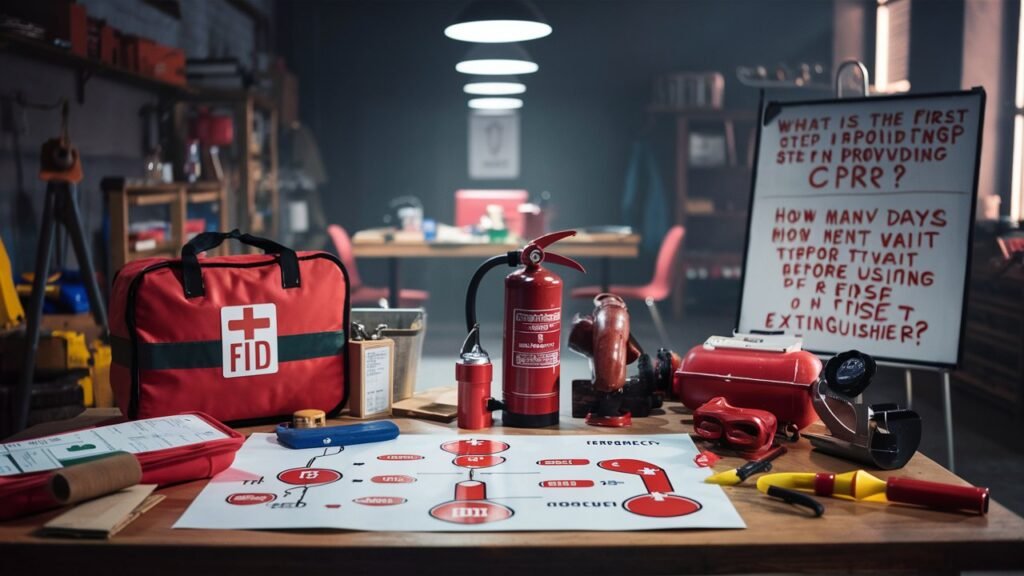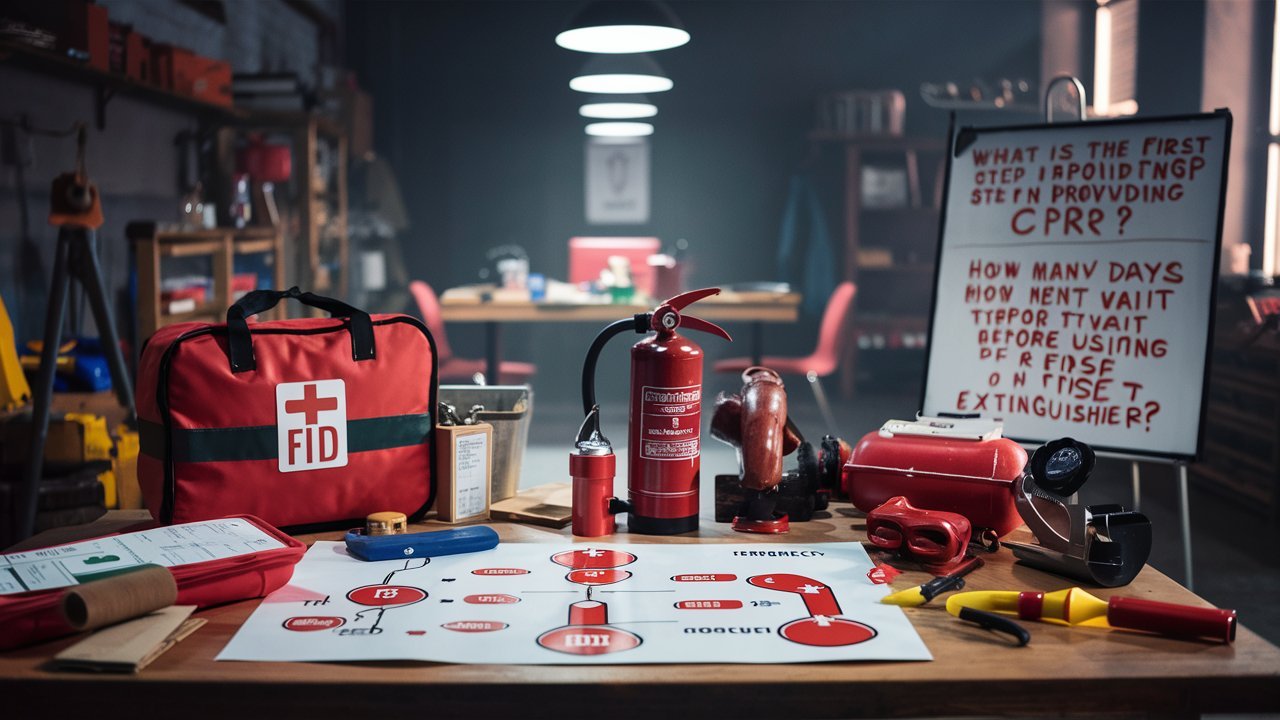In moments of crisis, having the right emergency equipment can make all the difference. From natural disasters to medical emergencies, being prepared is paramount. But navigating the world of emergency equipment can be daunting. That’s why we’ve compiled this comprehensive guide to answer your most pressing emergency equipment questions and empower you to make informed decisions when it matters most.

The Importance of Emergency Preparedness
In today’s unpredictable world, being prepared for emergencies is more important than ever. Whether it’s a sudden power outage, a severe weather event, or a medical emergency, having the right equipment on hand can save lives. Emergency preparedness is not just about having supplies; it’s about having the knowledge and resources to respond effectively when every second counts.
Types of Emergency Equipment
Essential Supplies for Every Emergency Kit
Ensuring you have the basics covered is crucial. Your emergency kit should include items such as:
- Water and Non-Perishable Food: Ensure an adequate supply of water and non-perishable food items to sustain you and your family for at least 72 hours.
- First Aid Kit: A well-stocked first aid kit is essential for treating minor injuries and stabilizing more serious conditions until help arrives.
- Flashlights and Batteries: In the event of a power outage, having reliable sources of light is essential for safety and comfort.
- Emergency Blankets: These compact, lightweight blankets can provide warmth and protection from the elements in emergency situations.
Specialized Equipment for Specific Situations
In addition to the essentials, certain situations may require specialized equipment tailored to the specific emergency at hand:
- Fire Extinguishers: Having a fire extinguisher on hand can help prevent small fires from escalating into larger emergencies.
- Emergency Communication Devices: In situations where traditional communication channels may be compromised, having alternative means of communication, such as two-way radios or satellite phones, can be invaluable.
- Personal Protective Equipment (PPE): In the midst of a pandemic or other health crisis, having adequate PPE, including masks, gloves, and hand sanitizer, is essential for protecting yourself and others.

Common Emergency Equipment Questions
What should I include in my emergency kit?
Your emergency kit should include essentials such as water, non-perishable food, a first aid kit, flashlights, batteries, and emergency blankets. Additionally, consider any specialized equipment relevant to your specific circumstances.
How often should I update my emergency kit?
It’s important to regularly review and update your emergency kit to ensure that all supplies are current and in good condition. Check expiration dates on food and medications, replace batteries as needed, and refresh water and perishable items regularly.
Where should I store my emergency supplies?
Store your emergency supplies in a cool, dry place that is easily accessible in the event of an emergency. Consider keeping kits in multiple locations, such as at home, in your car, and at your workplace.
Do I need different emergency equipment for different types of emergencies?
While the basics of emergency preparedness remain consistent across different types of emergencies, certain situations may require specialized equipment. Tailor your emergency kit to address the specific risks and challenges you may face in your area.
How can I stay informed about potential emergencies?
Sign up for emergency alerts and notifications from local authorities and stay informed about potential risks in your area. Additionally, familiarize yourself with emergency response plans and procedures to ensure you know what to do in the event of an emergency.
What should I do if I encounter someone in need of emergency assistance?
If you encounter someone in need of emergency assistance, assess the situation carefully and call for help immediately. Administer first aid if trained to do so and provide support and reassurance until help arrives.
Conclusion
Being prepared for emergencies is not just a matter of having the right equipment; it’s about having the knowledge and readiness to act decisively when every moment counts. By staying informed, assembling a comprehensive emergency kit, and knowing how to respond effectively in crisis situations, you can help ensure the safety and well-being of yourself, your loved ones, and your community.

